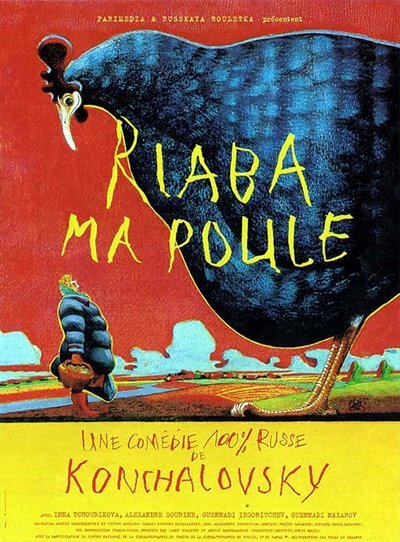

Wikipedia wrote:
Dead Man’s Letters (Russian: Письма мёртвого человека, romanized: Pis’ma myortvogo cheloveka), also known as Letters from a Dead Man, is a 1986 Soviet post-apocalyptic drama film directed and written by Konstantin Lopushansky. He wrote it along with Vyacheslav Rybakov and Boris Strugatsky. It marks his directorial debut.
The film was screened at the International Critics’ Week section of the Cannes Film Festival in 1987 and received the FIPRESCI prize at the 35th International Filmfestival Mannheim-Heidelberg.Read More »




